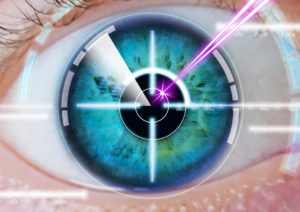Prior refractive surgery such as lasik is not a contraindication to cataract surgery.
Side effects of cataract surgery anesthesia.
Cataract surgery is a procedure to remove the lens of your eye and in most cases replace it with an artificial lens.
I have dry eyes after cataract surgery.
Here is a brief account of all types of anesthesia used for cataract surgery.
A cataract causes the lens to become cloudy which eventually affects your vision.
Cataract surgery is generally performed with minimal sedation and typically takes less than 30 minutes.
Most side effects of general anesthesia occur immediately after your operation and don t last long.
It is reasonable to have cataract surgery in only one eye.
Eye infection or swelling bleeding retinal detachment the breaking away of a layer of tissue at the.
Since cataract surgery is an outpatient procedure lasting only about an hour or less you will remain awake and receive local anesthesia in the form of eye drops or a needle based block most of the time.
Therefore the surgery does not put significant strain on the heart or the lungs.
Here are some common side effects that can occur after cataract eye surgery.
Local anesthesia has the advantage that it affects only the eye and tissues around it.
A main concern is if complications or side effects will arise after the procedure is through.
For cataract surgery anesthesia is the medication used to numb the eye so you don t feel it during the procedure.
While the risks are low there is an increased chance of complications if you have another preexisting eye disease or medical condition.
Side effects are rare from cataract surgery but some things that could happen include.
The anesthesia does not require strict medical fitness as is required in general anesthesia.

